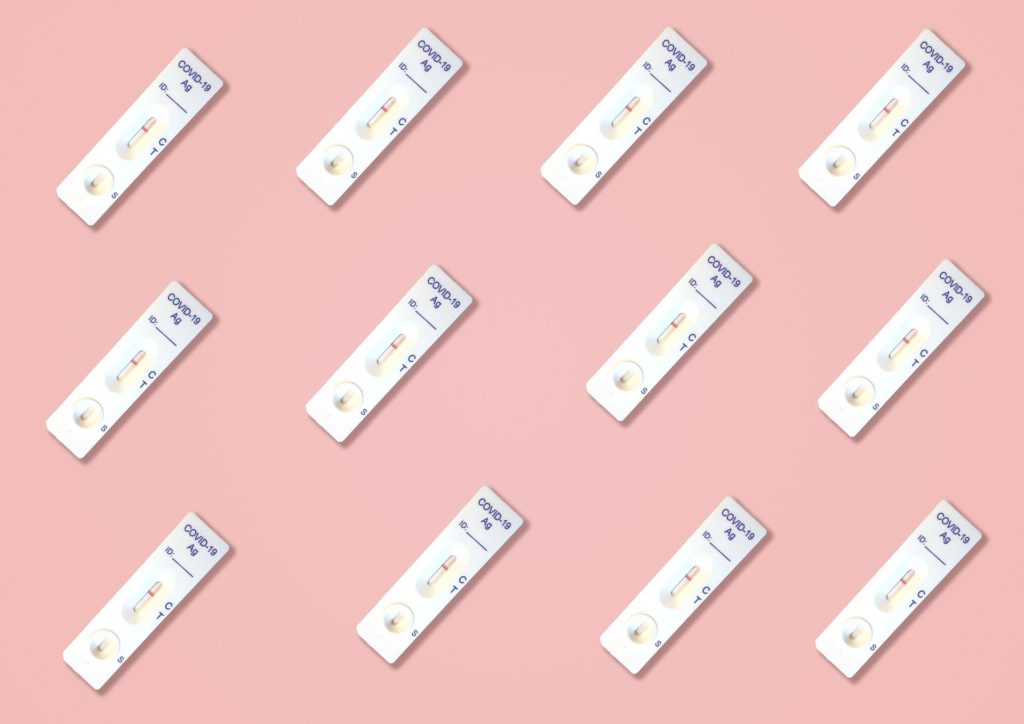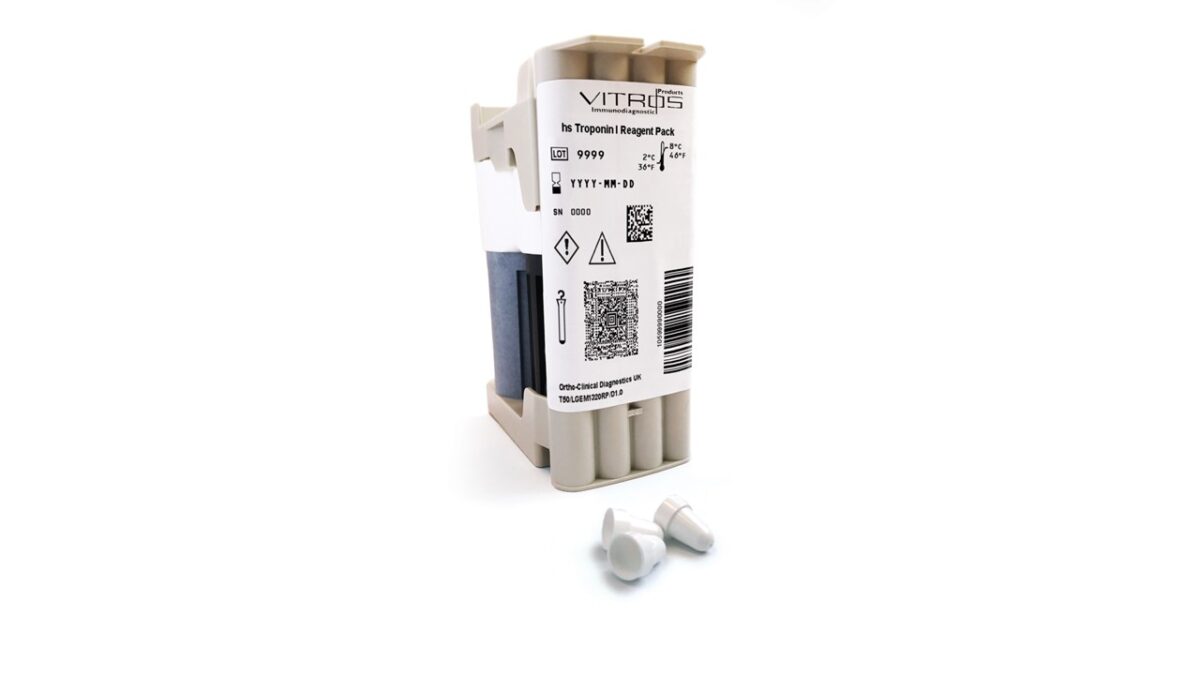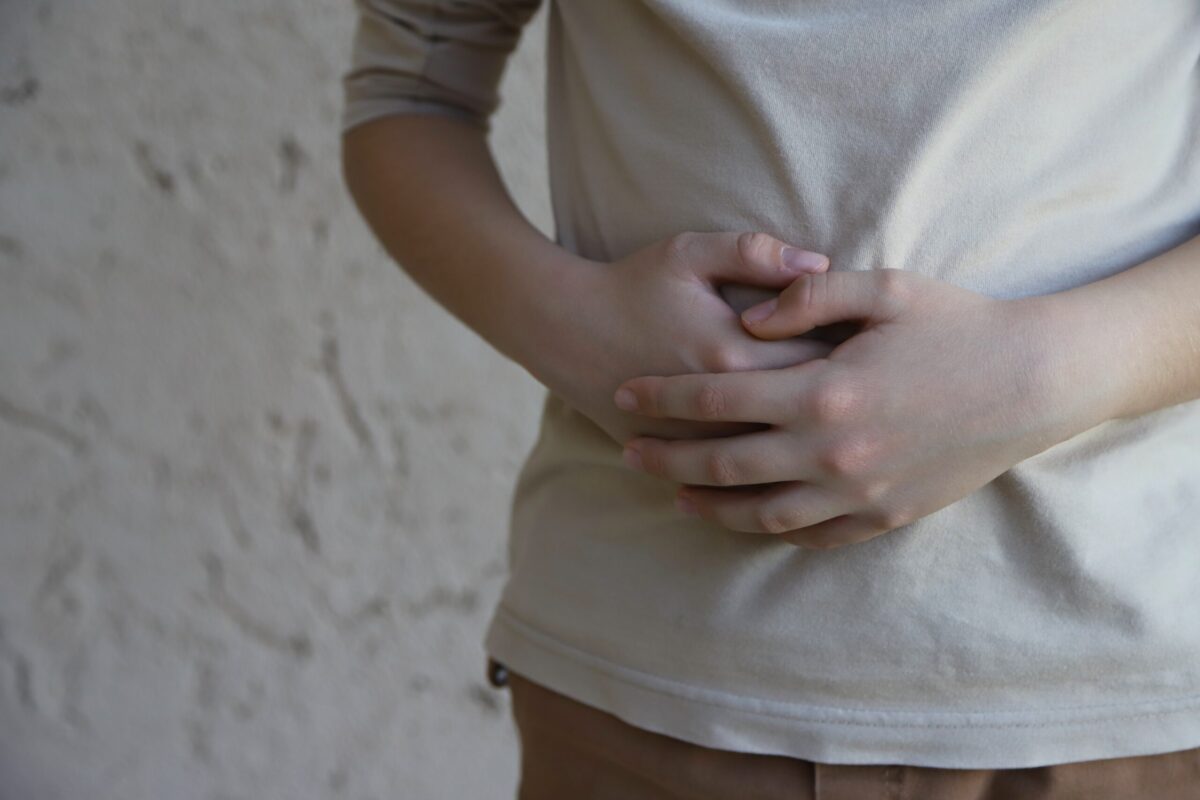As the COVID-19 pandemic shifts with new case surges largely owing to new variants of SARS-CoV-2, the US Food and Drug Administration (FDA) continues to offer up emergency use authorizations (EUA) for tests for the detection of COVID-19 infection, with the latest being antibody and antigen tests from Symbiotic and Quidel, respectively.
With the EUA, Symbiotica’s COVID-19 Self-Collected Antibody Test System becomes the first antibody test authorized for collection of dried blood spot samples at home for the detection of COVID-19 infection. Collected samples are sent to a Symbiotica, Inc. laboratory for analysis.
Quidel’s offering — called the Sofia SARS Antigen FIA — delivers results in 15 minutes for the detection of COVID-19 infection (recent or current infection) and first received EUA from the FDA in May of last year. The new, revised EUA will allow the company to market the test for the qualitative detection of SARS-CoV-2 from nasal swab samples for screening use with serial testing. Individuals with no symptoms can be tested twice over two or three days with at least 24 hours (and no more than 36 hours) between tests. Testing must be conducted at CLIA-certified laboratories that meet requirements to perform moderate, high or waived complexity tests.
Related: The 3 Newest COVID-19 Tests Authorized by the FDA
Antibody tests are also known as serology tests and detect specific antibodies in the blood when the body is responding to, or has responded to, a particular infection. The tests do not detect the SARS-CoV-2 virus itself, and hence should not be used for diagnostic purposes. COVID-19 antibody tests can help identify people who may have had prior COVID-19 infection, and importantly, asymptomatic individuals with a developing or current infection.
Antigen tests can be used for the detection of COVID-19 infection, namely a current, ongoing infection. They generally perform best within the initial days of infection when viral loads are highest. A positive COVID-19 antigen test is not intended to be diagnostic and should be confirmed with a PCR test.
Symbiotica’s First At-Home Antibody Test
Symbiotica’s COVID-19 Self-Collected Antibody Test System is authorized for prescription use by individuals 18 years of age or older, or by an adult for children five years of age and older. The test involves self-collection of a fingerstick dried blood sample. The test is intended for the detection of COVID-19 infection, either a recent or previous infection, as detected through an adaptive antibody immune response to SARS-CoV-2.
Symbiotica says the test should not be used to diagnose or exclude acute SARS-CoV-2 infection. Nevertheless, the test offers the convenience of at-home testing with minimal invasiveness as sampling only involves a prick of blood as opposed to nasopharyngeal or nasal swabbing.
“The authorization of the first prescription use, home collection antibody test will play an important role in helping health care professionals identify individuals who have developed an adaptive immune response from a recent or prior COVID-19 infection,” said Jeff Shuren, MD, JD, director of the FDA’s Center for Devices and Radiological Health in a press announcement from the agency. “The FDA will continue to authorize COVID-19 tests that will give more Americans access to greater testing flexibility and options.”
Quidel Sofia SARS Antigen Test for Detection of COVID-19 Infection
Quidel’s Sofia SARS Antigen FIA test is intended to be administered by healthcare providers to within the first five days of symptom onset in individuals who are either suspected to have COVID-19 or who do not have symptoms but have other epidemiological reasons to suspect COVID-19; the latter are to be tested serially, twice over two or three days with at least 24 hours (and no more than 36 hours) between tests. The qualitative test for the detection of COVID-19 infection is based on the identification of the nucleocapsid protein antigen from SARS-CoV-2 using anterior nares swab samples.
Quidel says the Sofia antigen test demonstrates excellent performance in the detection of COVID-19 infection during the first five days of the onset of symptoms, with positive results in agreeance with those from PCR 96.7 percent of the time, and negative results agreeing 100 percent of the time.
The test does not require a prescription and is intended for the detection of COVID-19 infection among asymptomatic individuals.
Antigen tests are time-sensitive as their performance decreases throughout the course of infection as viral loads drop. Clinical studies involving serial testing among asymptomatic patients are currently ongoing to establish clinical performance, says Quidel.
“Quidel’s goal throughout this pandemic has been to develop the most innovative and sensitive testing technologies on the market and to make our COVID-19 tests as widely available as possible,” said Douglas Bryant, president and CEO of Quidel Corporation, in a company news release. “Broadscale application of our Sofia rapid antigen test for COVID-19 screening will catch asymptomatic cases early and limit virus spread.”
Quidel also received an EUA for its over-the-counter QuickView at-home COVID-19 antigen test last week for screening use with serial testing. The EUA allows for the marketing of the device in the US.












Join or login to leave a comment
JOIN LOGIN